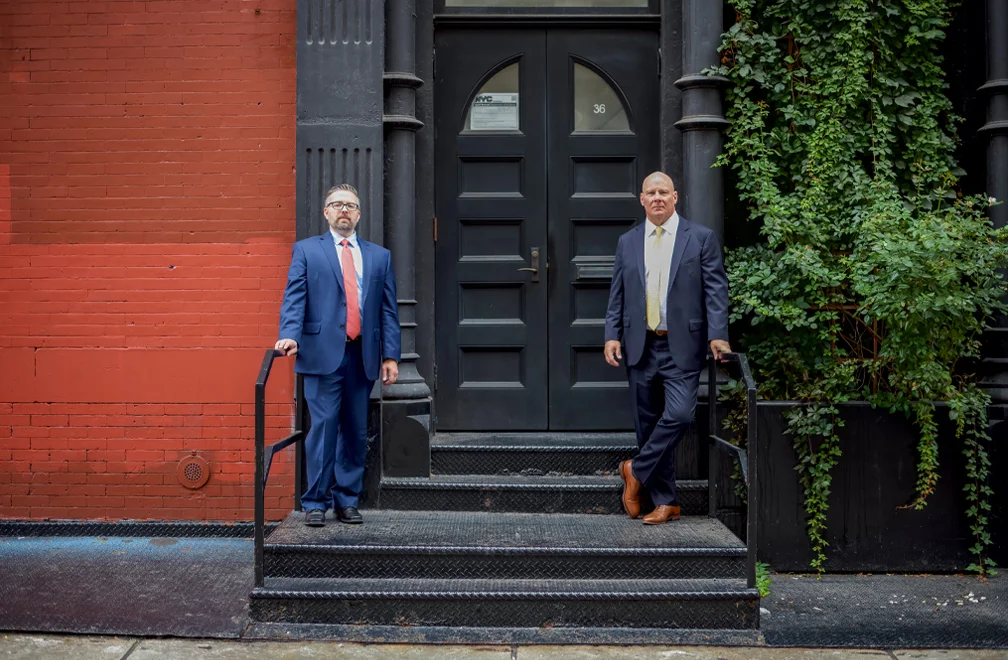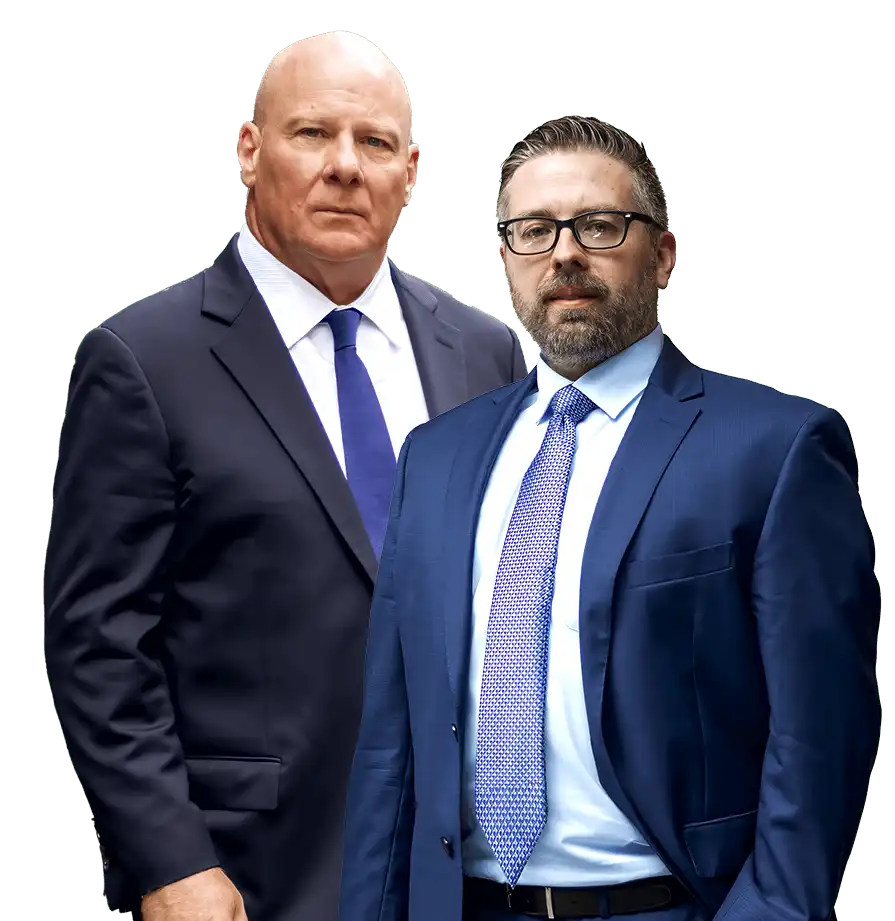Selecting a unique and distinctive trademark is an important component of developing a successful business.
The inherent strength of a mark is not only instrumental in the development of brand recognition among consumers, but also has a bearing on the legal protections available to your client.
Generally, marks that are inherently distinctive are afforded higher levels of protection than marks that are less distinctive and/or in use by multiple parties within a market or across markets.












